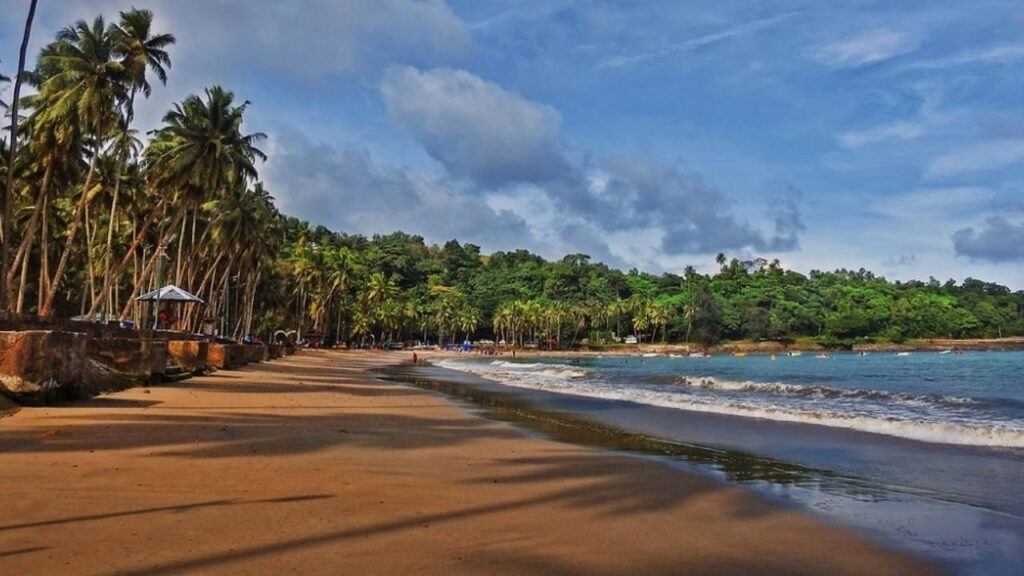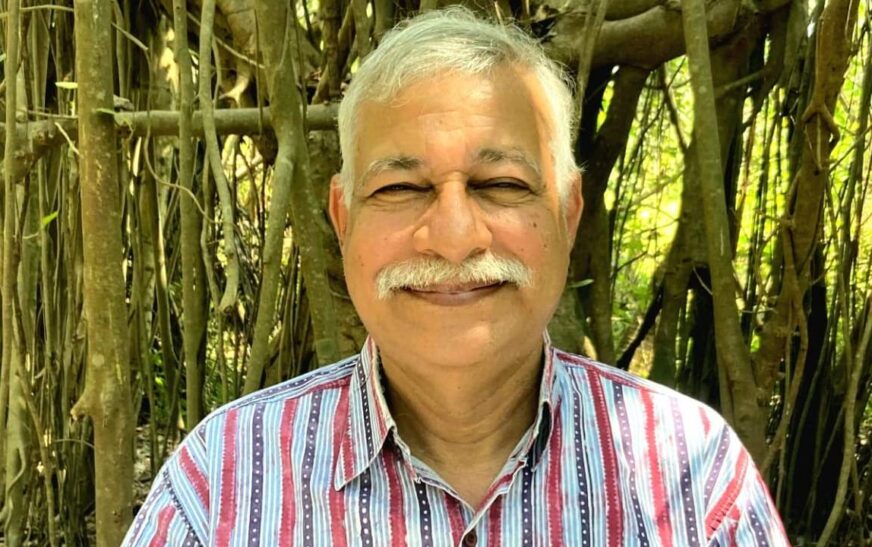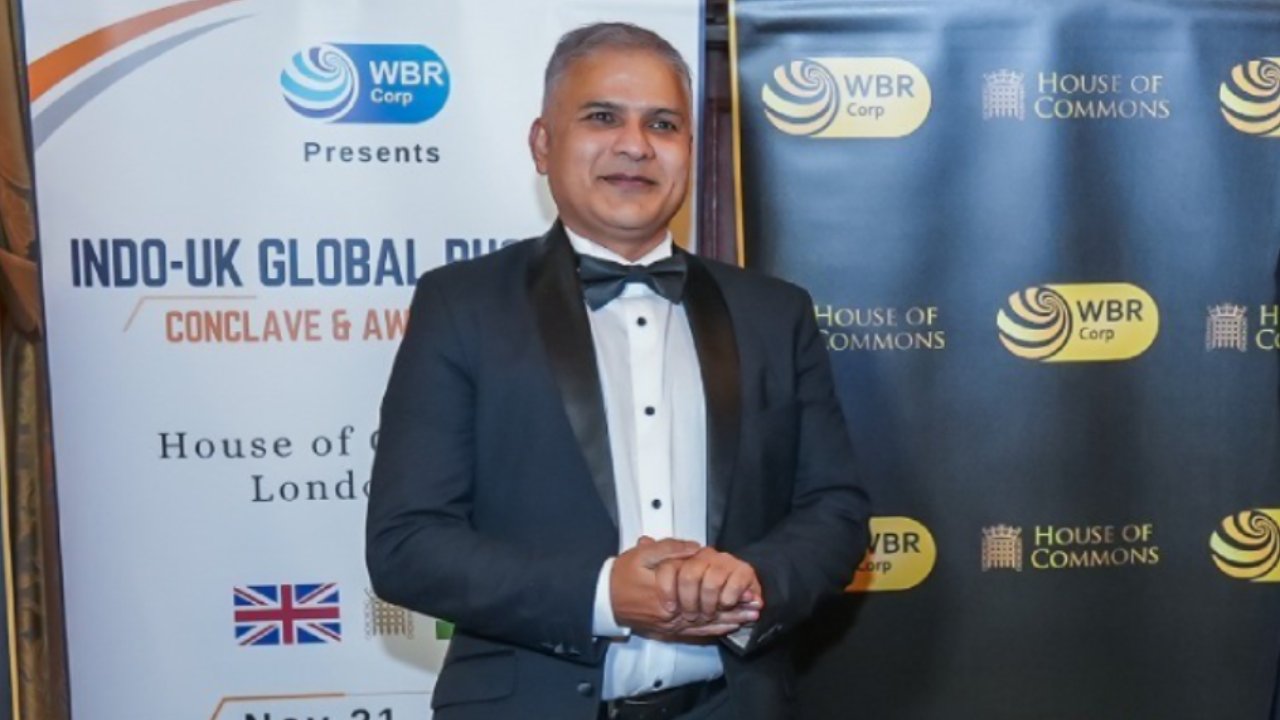Sustainability has moved from the margins to the mainstream in India’s hotel and tourism industry. What once stood as a niche concept has now become a strategic imperative—fuelled by eco-conscious travellers, evolving government mandates, and the urgent need to safeguard India’s rich ecological and cultural tapestry.
Over the decades, the industry has undergone a striking transformation. Previously fixated on economic expansion alone, it now embraces a more holistic vision—one that balances profit with environmental stewardship and social accountability. Hotels across the country are actively implementing green building norms, installing energy-efficient systems, and innovating in waste reduction. From solar-powered luxury in Rajasthan’s arid landscapes to zero-plastic beachside sanctuaries in Kerala, sustainability is no longer an add-on—it’s a core component of the guest experience.
Tour operators, too, are stepping up. They promote low-impact travel, champion eco-tourism, and collaborate with local communities to conserve biodiversity and protect indigenous heritage. Initiatives like Incredible India and Swadesh Darshan have laid a robust foundation, emphasizing heritage preservation, community engagement, and resilient infrastructure.
Post-pandemic realities have only hastened this shift. Digital transformation has streamlined operations, minimized paper waste, and amplified sustainability-led efficiencies across the board.
Simply put, sustainability is no longer a buzzword. It’s a business model. As India positions itself as a global tourism powerhouse, the hospitality sector stands ready to lead—driven by innovation, responsibility, and an unwavering respect for the planet and its people.
In an exclusive conversation with The Interview World, Niranjan Khatri, Founder of iSambhav, delves into his sustainability journey. He unpacks the pivotal changes the industry must embrace to align growth with ecological responsibility. He also evaluates the readiness of Indian hotels and tourism stakeholders to integrate sustainable practices and shares actionable strategies for embedding mindfulness into the industry’s future.
Here are the key takeaways from this insightful dialogue.
Q: What catalysed your commitment to sustainability, and how has your vision matured along this journey?
A: I am, at heart, a hotelier. My journey into sustainable development began in 1988, when I was posted in Port Blair. At the time, I could barely spell the word “environment.” Yet, I found myself responsible for managing tourists—many of whom were unknowingly defiling the pristine islands. I knew something had to be done. But for two and a half months, I remained paralyzed, unsure of where or how to start.
The spark that ignited my journey toward transformative change was the late Admiral Govil, then Commander-in-Chief of the Andaman and Nicobar Islands. He urged me with a simple yet powerful plea: ‘Please stop the tourists from littering the islands.’
Eventually, I took my first step—small, yet meaningful. I placed a sticker on every packed lunchbox that read: “Please do not litter the island. Bring the waste back to the hotel for proper disposal. And leave the coral for the fish.” That simple message marked the beginning of a profound transformation.
As I delved deeper into the issues, I uncovered an entirely new world. Everything began to make sense. I saw the powerful intersection of economics, environmental preservation, and social responsibility—long before such integration became mainstream.
Today, we speak of Environmental, Social, and Governance (ESG) frameworks, business sustainability, and mandatory sustainability reporting. These are now codified practices, with over a thousand companies in India adopting them, as per the Ministry of Corporate Affairs. But we were already living those principles decades ago—driven not by mandate, but by conviction.
Q: With tourism booming in India, what transformative changes are needed to align its growth with long-term environmental sustainability?
A: Sustainable development is finally gaining momentum—driven not just by global awareness, but also by evolving regulatory frameworks, both in India and internationally. Many large establishments have already embraced the obvious, low-hanging fruits. Today, most major hotels are equipped with organic waste converters, rainwater harvesting systems, and sewage treatment plants. But sustainability goes far deeper. Real impact begins when the industry moves beyond mere compliance.
Simple, practical solutions can create meaningful change—especially when we tap into the vast reach of our sector. The hospitality industry operates across urban hubs, city outskirts, and rural landscapes. This wide footprint offers an unparalleled opportunity to share knowledge with rural communities—not on farming, which they already know well—but on complementary, value-adding inputs that can enhance their livelihoods.
Our industry is rich in networks and relationships. The real question is: how do we harness these connections to empower others?
Let me illustrate this with a story. In 2004, ITC Hotels built a green building in Gurgaon. During the construction phase, we engaged with the on-site workers and introduced them to drip irrigation kits. Back then, each kit cost just ₹150 and could irrigate 50 plants over a 20-square-meter plot using minimal water. We encouraged the workers to gift these kits to their families. The result? Improved crop yields, reduced water and fertilizer usage, and the potential to command better prices for their produce.
We also demonstrated how to create simple solar cooking devices using cardboard and aluminium foil. Admittedly, adoption was limited. Many said, “We have wood, so why change?” But we asked: what happens when the forests are gone? Then what will you rely on?
We encouraged them to start small. Use solar devices not for cooking, but at least for heating water. These solar setups can pasteurize water, reaching temperatures of up to 75°C—making a huge difference in health outcomes.
We even introduced the idea of solar concentrators, which at the time cost around ₹5,000 (now likely ₹8,000). If a single family couldn’t afford one, we suggested pooling resources—just like the Sanjha Chulha tradition in Punjab, where families take turns cooking together. It reduces individual cost and fosters social bonding.
India is a sun-drenched nation. If we use solar cooking and heating devices for even 300 days a year, we drastically cut indoor air pollution, reduce fuel dependency, and improve public health.
The bottom line? There’s no one-size-fits-all solution. But depending on the context, we can offer practical, cost-effective ideas that spark real transformation—community by community, family by family.
Q: How prepared is the Indian hospitality and tourism industry to embrace changes that promote environmental sustainability and social well-being?
A: Today, ESG adoption is no longer optional—it’s an imperative for every stakeholder. Within the ESG framework, Scope 1, Scope 2, and Scope 3 emissions demand clear accountability. These metrics measure not only direct emissions and energy use but also the environmental impact across your supply chain and beyond.
Start by asking the right questions: How much water are you consuming? How much carbon are you emitting within your operations and throughout your value chain? These data points aren’t just numbers—they are strategic levers.
Use them to engage and uplift the most vulnerable stakeholders in your ecosystem. The tools exist—and increasingly, regulations are making their use non-negotiable. So, act now. Don’t wait for compliance to become a compulsion.
Take the lead by adopting a proactive, enlightened approach. Begin by educating and empowering your team. Instill in them a sense of environmental stewardship—equip them with the skills, knowledge, and mindset to act. When your people feel ownership of the green agenda, they don’t just comply—they champion change.
Q: What are some essential best practices and common pitfalls the tourism industry should be mindful of while striving for sustainability?
A: The dos and don’ts aren’t meant solely for the tourism industry—they apply to everyone involved in the experience. For example, if you manage a hotel and I’m your guest traveling from Mysore to Bandipur, your responsibility extends beyond confirming my room.
Along with my reservation, you should also offer practical guidance. Inform me, for instance, that since I’m visiting a forest reserve, my clothing choices matter. Many tourists unknowingly wear bright red—an alarming colour in the wild. It draws unnecessary attention and can even provoke danger.
Instead, advise guests to wear earthy tones—shades of brown or green that blend with the environment. Likewise, remind them to respect the soundscape of the forest. No loud music. No whistling. No shouting. These simple acts can disrupt the natural habitat and stress the wildlife.
These are small tips, but they make a big difference. When shared responsibly, they transform tourism into a more respectful, conscious, and sustainable experience for everyone involved.










2 Comments
Such a wonderful article. Educative, thought provoking & yet a very you & me interview.
Congratulations Mr. Niranjan Khatri… Wish you tons of success with your great endeavours.
Such a wonderful article. Educative, thought provoking & yet a very you & me interview.
Congratulations Mr. Niranjan Khatri… Wish you tons of success with your great endeavours.
Comments are closed.